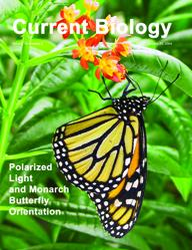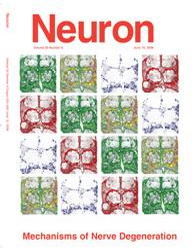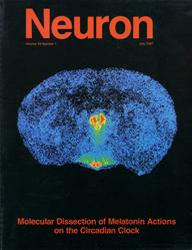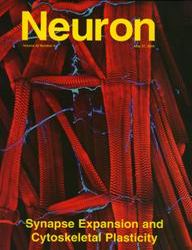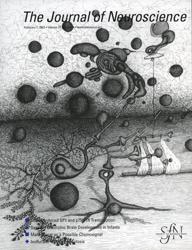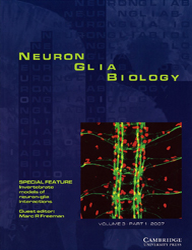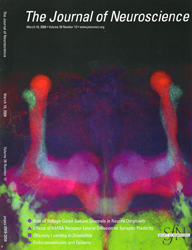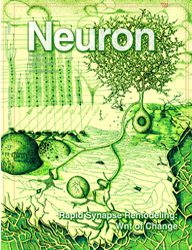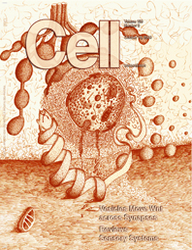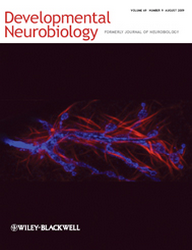Our Vision
One of the greatest challenges of the 21st century is to bridge the gap from single molecules to behavior. This challenge requires a comprehensive and integrative approach, well beyond the scope of isolated research teams. It also requires the use of organisms in which the genetic underpinnings of brain function and behavior can be teased apart efficiently and in an unbiased manner. We have created a singular environment that fosters innovative neuroscience research through the integration of multiple levels of analysis in conventional invertebrate models such as Drosophila and C. elegans, as well as in unconventional models like the monarch butterfly.

Diversity, Equity, and Inclusion
The Department of Neurobiology is committed to fostering a diverse, engaging and inclusive environment for our students, postdocs, faculty and staff. We strive to create an environment that fosters and enhances interactions and collaborations among researchers where contributions from all are valued, respected and affirmed. It is our belief that increasing and enhancing the diversity of voices and perspectives in science, and in particular neurobiology, will accelerate our progress toward breakthroughs that may otherwise be unachievable. We also acknowledge the history of systemic discrimination that has led to a lack of diversity in science and are committed toward proactive steps to address this situation. We recognize that promoting and enhancing diversity is an ongoing process that requires continued active engagement. With this in mind, we aim to take the following steps toward promoting diversity in neurobiology:
1. Build a supportive community of neurobiology graduate students, postdocs, faculty and staff that is fully inclusive of underrepresented groups and embraces diverse viewpoints.
2. Increase the numbers of graduate students, postdocs, faculty and staff from groups underrepresented in science.
3. Promote diversity, equity, and inclusion (DEI) training and awareness for all faculty, staff and trainees.














